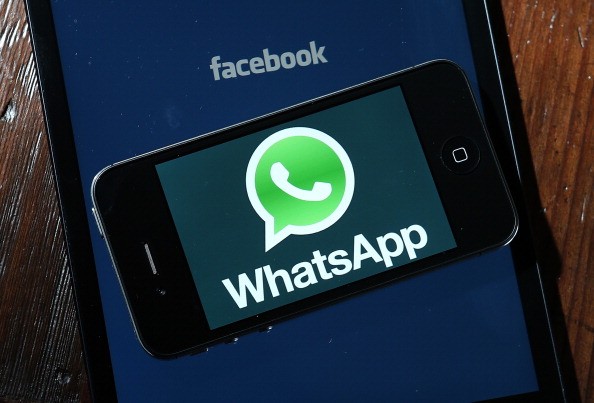On the occasion of its seventh anniversary, WhatApp has announced that the company is revising its strategy and wants to continue offering its services to devices that are only used by most people. As a result, the company, which also owns Facebook, said that it will stop supporting Blackberry, Nokia and Windows Phone 7.1 devices.
"As we look ahead to our next seven years, we want to focus our efforts on the mobile platforms the vast majority of people use. So, by the end of 2016, we will be ending support for WhatsApp Messenger some mobile platforms," WhatsApp said in a statement blog published on its official website. These platforms include BlackBerry, Nokia S40, Nokia Symbian S60, Windows Phone 7.1 and Android 2.1 as well as Android 2.2.
Explaining the reason behind its decision, the company said that although these mobile devices have been a vital part of their existence during the last seven years, they no longer offer the type of facilities required to expand the features of the app in the future. The company said that it has taken the opportunity of its seventh anniversary to look back on its achievements and decide on its future plans.
In the blog post, the company recalled that the company started its operations in 2009 when the mobile devices used by people were different from what they are now. Then, about 70 percent of the market was dominated by smartphones manufactured by Nokia and Blackberry, while devices running on Apple, Google and Microsoft operating systems were significantly less.
Over the years, mobile operating systems of Apple, Google and Microsoft took over the market and now they run on nearly 99.5 percent of devices. When WhatsApp started in 2009, only mere 25 percent devices used these operating systems. Keeping these in view, WhatsApp has decided to drop its services to the older version mobile OS.
Meanwhile, though WhatsApp reached the milestone of over 1 billion monthly active users (MAU) worldwide recently, which translates to almost one in every seven people using the app, the company is not making much money, Tech Times reported.
Early this month, WhatsApp and Facebook announced that the messaging app's "mission has never changed." They said via a blog post that these companies will continue to serve people in the same manner and help users to remain in touch with their friends and family worldwide free of costs or gimmicks.
Watch how to send/share music on WhatsApp below:



























